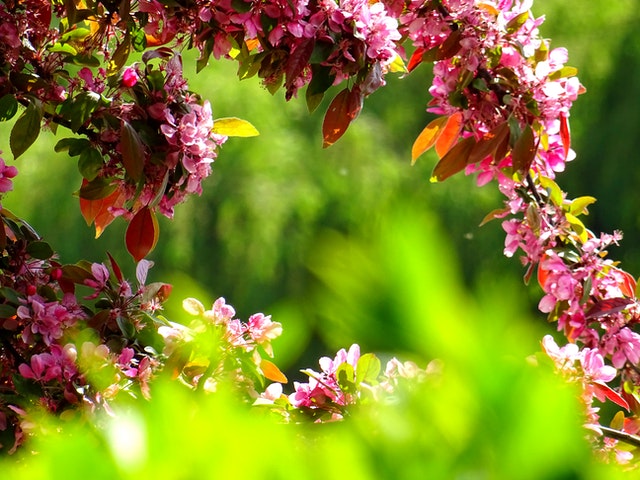
Creating a butterfly-friendly garden
Jessy Venture
- 0
- 257
Adding butterfly plants to your garden can transform it into a vibrant, lively space. These plants not only add beauty with their colorful blooms but also attract butterflies, providing them with essential nectar and a place to lay their eggs. Here’s how to choose and care for the best butterfly plants for your garden.
Selecting the best butterfly plants
When selecting butterfly plants, it’s important to choose varieties that provide ample nectar and cater to different butterfly species. Common favorites include milkweed, butterfly bush, and lantana. Milkweed is particularly essential as it serves as the host plant for monarch butterflies, providing a place for them to lay their eggs and for caterpillars to feed. Butterfly bush, with its long, fragrant flower spikes, attracts numerous butterfly species and blooms throughout the summer.
Benefits of planting butterfly plants
Planting butterfly plants in your garden offers numerous benefits beyond attracting butterflies. These plants contribute to the overall health of your garden ecosystem. By providing nectar, you support not only butterflies but also other pollinators like bees. Additionally, many butterfly plants are drought-resistant and low-maintenance, making them an excellent choice for sustainable gardening.
Designing your butterfly garden
To design an effective butterfly garden, consider the needs of both adult butterflies and their caterpillars. Plant nectar-rich flowers in sunny spots as butterflies are more active in the sun. Include a variety of flowering plants that bloom at different times to ensure a continuous food source. Adding host plants like milkweed and parsley will give butterflies a place to lay their eggs and provide food for caterpillars.
Caring for your butterfly plants
Caring for butterfly plants is relatively simple. Most of these plants thrive in well-drained soil and require regular watering until established. Once they are established, many are drought-tolerant. Pruning spent blooms can encourage more flowers and prolong the blooming season. Avoid using pesticides, as they can harm butterflies and other beneficial insects.
Enhancing biodiversity
Butterfly plants play a crucial role in enhancing biodiversity in your garden. By attracting butterflies and other pollinators, you contribute to a healthy and diverse ecosystem. This, in turn, supports a range of other wildlife, from birds to beneficial insects, creating a balanced and thriving garden environment.
Incorporating butterfly plants into your garden design not only enhances its visual appeal but also supports essential pollinators and promotes a healthy ecosystem. With minimal care requirements and significant benefits, these plants are a valuable addition to any garden.

